
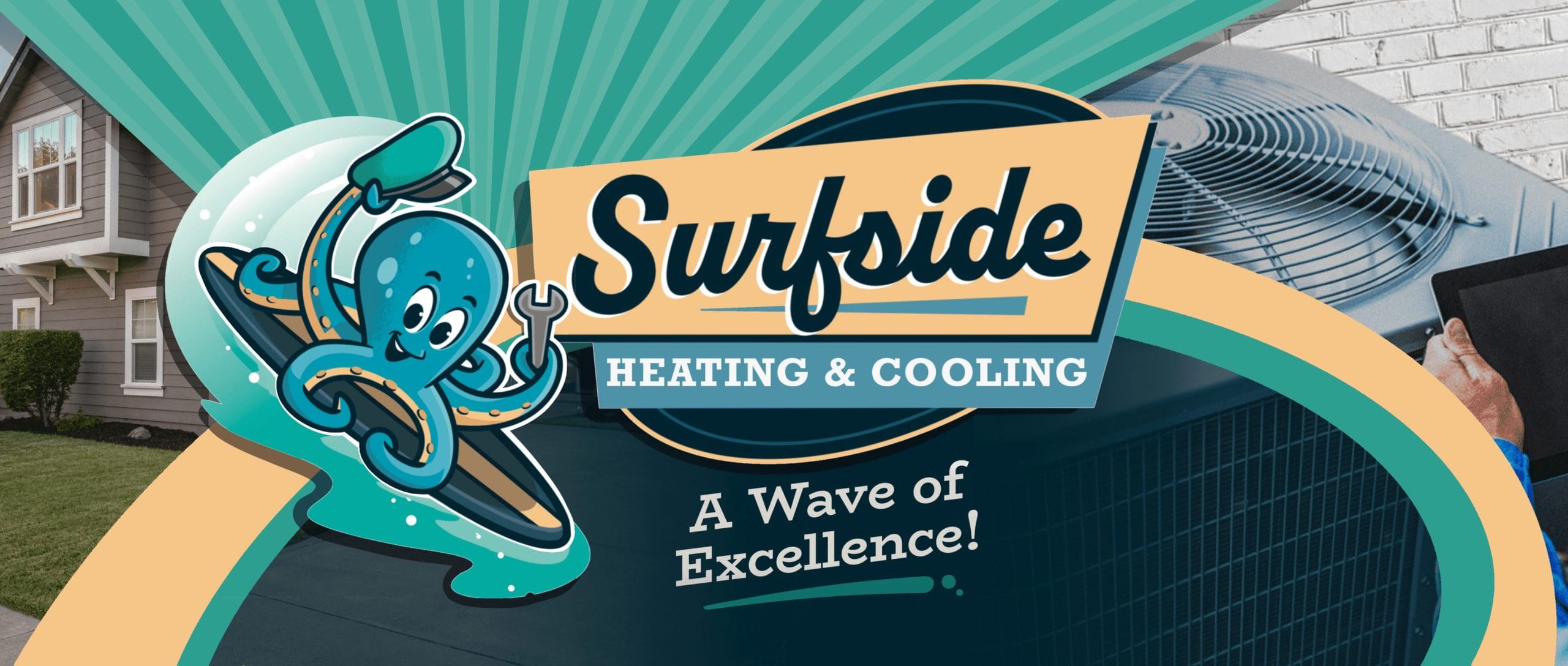
Breeze Through Summer: Expert Insights on Air Conditioning Sales and Installation
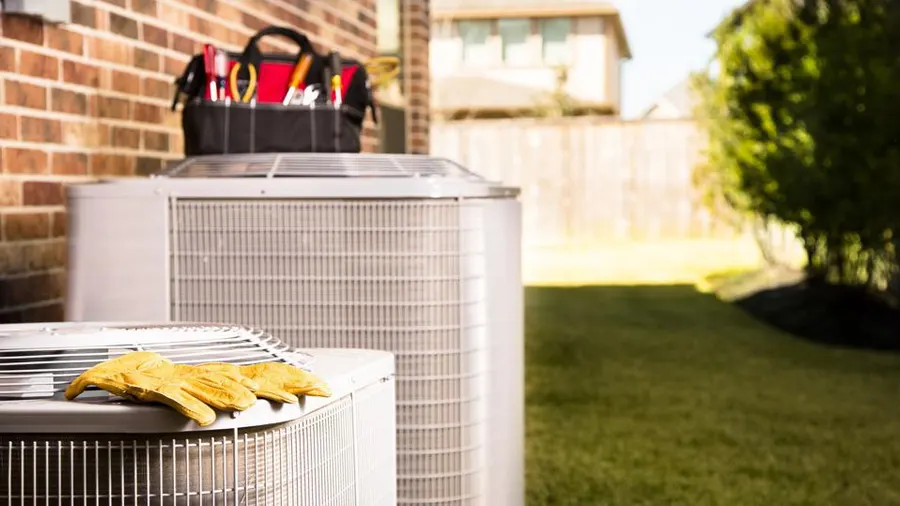
Keeping It Cool:
Mastering the Basics of Your AC System
Before we can explain how air conditioning sales and installation works, we have to take it back to the basics first. Air conditioning is a vital component to our daily domestic and commercial comfort, yet its inner workings often go unnoticed. At its simplest, air conditioning is the process of removing heat and moisture from the interior of an occupied space, thereby providing comfort for its inhabitants. Central to the cooling wonder of an air conditioner is the refrigeration cycle. It involves four main components: the compressor, the condenser, the expansion valve, and the evaporator. The compressor serves as the heart of the system, pressurizing the system's refrigerant. It turns this refrigerant from a low-pressure gas into a high-pressure gas, ready to release its captured heat. This hot, high-pressure refrigerant then moves to the condenser, usually located outside, where it is cooled and condensed into a high-pressure liquid. After an expansion valve reduces its pressure, this now low-pressure liquid enters the evaporator coil located in your home, absorbs the heat in the room, and thereby provides the cool air we enjoy. Air conditioning, therefore, doesn't just 'create' cool air; it's a clever system of heat transfer, continuously cycling to repeat this process for your comfort.
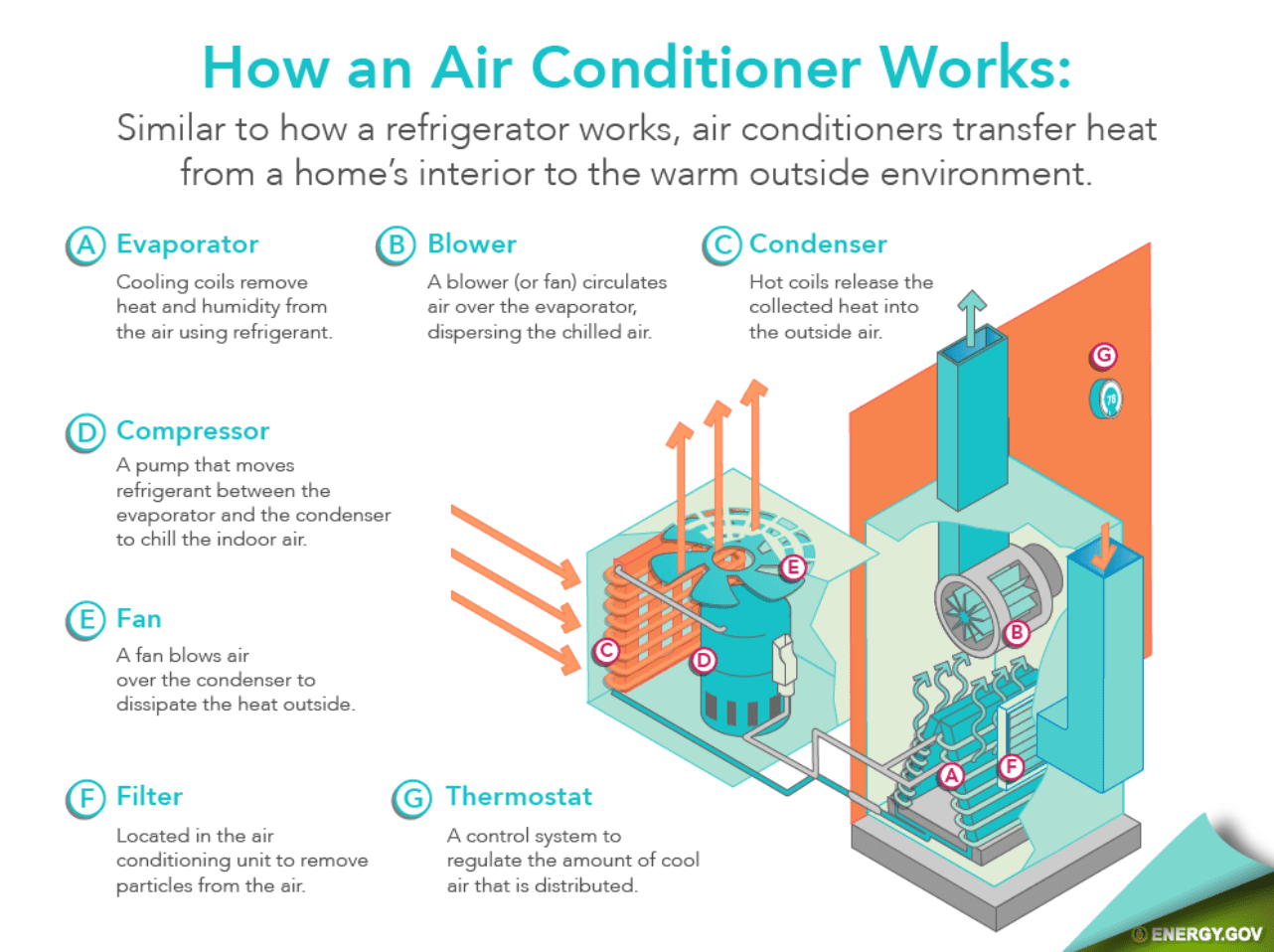
Navigating Your Comfort:
A Guide to Air Conditioning Sales
Selecting the right air conditioning unit is a decision that goes beyond mere comfort. It is of paramount significance for energy efficiency, cost-effectiveness, and suitability to your specific needs. There are multiple factors to consider before making a choice, such as size, energy efficiency ratings, and your living or working environment. To begin, it's essential to acknowledge that the size of an AC unit does not refer to its physical dimensions. Rather, it pertains to its capacity to cool, measured in British Thermal Units (BTUs). A unit with a suitable BTU rating for your room size will efficiently cool it without overworking, saving energy and potentially extending your unit's life. The energy efficiency of an air conditioner is normally rated using the Seasonal Energy Efficiency Ratio (SEER). Units with a higher SEER rating are more energy-efficient, leading to savings on electricity bills and contributing less to global warming. Investing in an efficient unit may involve a larger upfront cost but will save you money in the long run. Your choice of air conditioner also largely depends on the type of system that suits your needs. Central air conditioning systems are ideal for cooling larger spaces and multiple rooms but require existing ductwork or installation of the same. Ductless systems, on the other hand, excel in flexibility as they cool individual zones as per their unique needs. They are typically perfect fits for houses or buildings without ductwork. Window units are convenient for cooling smaller spaces and offer the advantage of mobility. To choose a specific HVAC unit, start by understanding your needs: what are your cooling requirements, space availability, and budget?
Skilled Professionals Ready to Assist You
 We understand that sorting through this information may be challenging and making this decision isn't always straightforward. Remember, the Surfside team is just a call away to help you navigate through this process. We're available to conduct an analysis of your setting to determine the ideal size and type of unit as well as assess square footage, insulation, local climate, window exposure, and help guide you to brands featuring reliable customer support and warranties. Rest assured our professionals are fully equipped to answer your questions and guide you towards the best solution for your cooling needs. With Surfside, you can count on a comfortable and cool future!
We understand that sorting through this information may be challenging and making this decision isn't always straightforward. Remember, the Surfside team is just a call away to help you navigate through this process. We're available to conduct an analysis of your setting to determine the ideal size and type of unit as well as assess square footage, insulation, local climate, window exposure, and help guide you to brands featuring reliable customer support and warranties. Rest assured our professionals are fully equipped to answer your questions and guide you towards the best solution for your cooling needs. With Surfside, you can count on a comfortable and cool future!
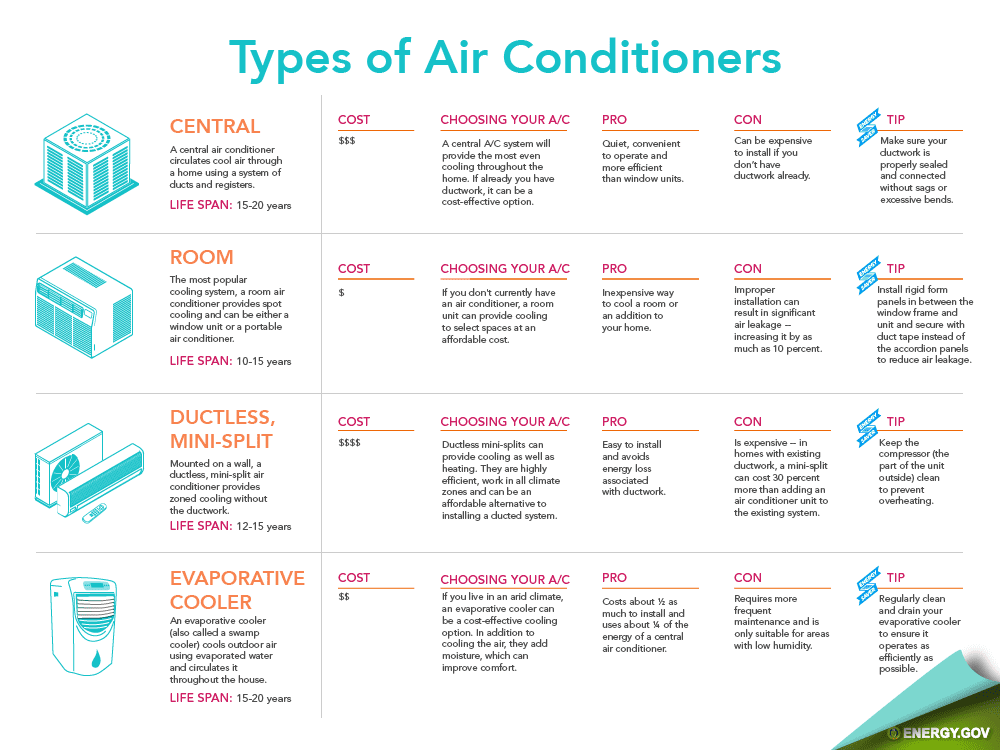
Air Conditioner Installation:
Leave It to the Pros
The process of installing AC units is a job best left to professionals. While it can be tempting to undertake this task independently as a way to cut costs, a DIY approach can introduce numerous risks and long term expenses. Safety should be the primary concern when it comes to AC installation. These systems involve complex electrical wiring, intricate ventilation placements, and the handling of refrigerants, which need professional knowledge and training for safe execution. A novice's mistakes could lead to electric shocks or poorly insulated and unventilated spaces which are potential fire hazards. Furthermore, incorrect handling of refrigerants could infringe upon environmental safety regulations and pose health risks. Installing an AC unit also requires detailed knowledge to ensure optimal performance and durability. A professional HVAC technician possesses the expertise to choose the right size, make accurate calculations, and consider all critical factors like insulation level, home size, and climate, ensuring the AC system works flawlessly. On the contrary, a DIY installation can lead to performance-related complications such as inefficient cooling or heating, recurrent breakdowns, and higher energy consumption than necessary, leading to escalated costs over time. Suboptimal installations can also harm the unit's service life. AC units are an investment planned to last for up to a decade or more with proper maintenance. However, a poorly installed unit can lead to frequency of certain issues such as refrigerant leakages, compressor failures, and decreased efficiency, shortening the unit's lifespan significantly. This not only results in unexpected costs for repair or replacement but also disrupts comfort and convenience. Guarantee and warranty aspects likewise favor professional installation. Many HVAC manufacturers include clauses in their warranty terms that require professional installation to be valid. Consequently, DIY efforts may void the manufacturer's warranty, denying you cost coverage for future repairs or replacements. Moreover, professional HVAC installers typically offer their own workmanship warranties. This warranty protects you from costs incurred due to any issues that spring up post-installation, ensuring you that your investment is safe. The intricate science, potential hazards, and long-term performance of AC systems render professional installation an absolute necessity. The cost savings or sense of accomplishment often associated with DIY installations are vastly outweighed by the technical expertise, safety measures, longevity, and warranty advantages offered by professional HVAC installers. Thus, always opt for professionally installing your AC units to guarantee your safety, peace of mind, and the best return on your investment.

The Longevity Lifeline:
Preventative Maintenance and Repairs for Your Air Conditioning Unit
Understanding how your air conditioner works is interesting, but knowing how to keep it working optimally is crucial. Regular preventative maintenance and repairs play an indispensable role in ensuring your AC unit has a long lifespan, performs at its best, and consumes energy efficiently. Regular maintenance checks can help your AC provide consistent cooling comfort, something households greatly need during warmer months. The lack of regular check-ups often leads to a decrease in unit performance over time and an increase in energy usage. Studies suggest that an unmaintained air conditioner can lose up to 5% of its efficiency each year. This decrease in performance can translate into increased energy bills, making it costlier in the long run. Conducting regular preventative maintenance ensures that your system operates considerably close to its original working condition. This not only ensures a comfortable home environment but also economizes on energy usage. Moreover, preventative maintenance helps in recognizing early signs of potential damage. Early detection can prevent minor issues from turning into major costly repairs. It also prolongs the life of your air conditioning unit, ensuring that the sizable investment you place in your unit realizes its full potential. In short, preventative maintenance is a critical strategy that ensures comfort, saves energy, and extends your AC unit's lifecycle, making it a smart and cost-effective choice.
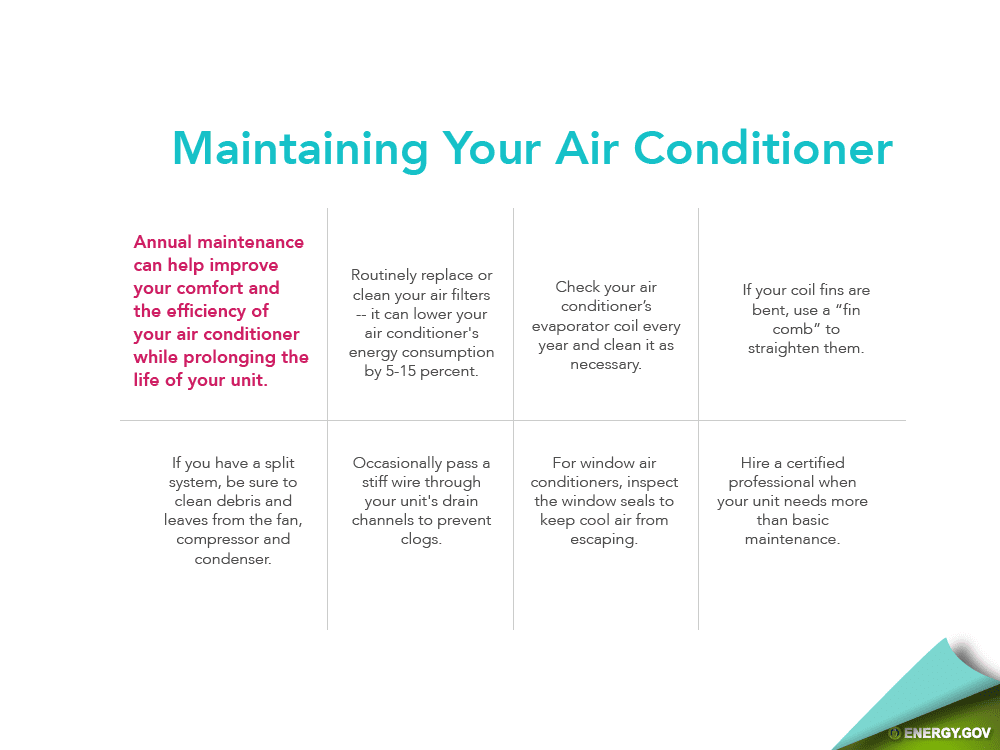
Repair or Replace?
Deciding the Fate of Your AC Unit
As the summer season approaches, the question of how to handle a malfunctioning air conditioner commonly arises. Should you repair your current unit or splurge on a brand-new model? The answer isn't always clear cut, but following some general guidance can help steer you in the right direction. If your air conditioner is relatively young (under 10 years old) and it has a minor issue, such as a worn-out fan belt or a thermostat going haywire, a simple repair job is likely cost effective. Reliable service from a professional should get it up and running without draining your wallet. However, when your unit starts showing real age (above 10 years) and needs extensive repairs, you might want to consider the '5000 Rule'. This rule suggests that you multiply the age of the appliance by the cost of the repair, and if that number exceeds 5000, then it might be time for a new unit. For instance, a 10-year-old unit with a $500 repair equals 5000 exactly – you're at the tipping point and it might go either way. In addition, if your air conditioner has been breaking down frequently, it could be a sign of an impending major failure. Expensive, frequent repairs can add up quickly, and you may be better off putting that money towards a new, reliable unit instead. Energy efficiency is another significant factor. A 10 to 15-year-old air conditioner is most likely not as energy efficient as the current models. You could be spending significantly more on your electricity bills than necessary, making replacing the unit a relatively smarter financial move in the long term. Lastly, if you're noticing excessive dust, uneven cooling, weird noises, or increased humidity, these are all signs that the overall condition of your unit is declining and that a replacement might be on the horizon. In the end, the choice between repair and replacement should be made in consideration of both short and long term costs and benefits. We understand how overwhelming decisions like these can be, therefore consulting with our HVAC professionals at surfside for a thorough diagnosis can be worthwhile to fully understand your situation before deciding. In any case, remember to stay cool and consider all available options.
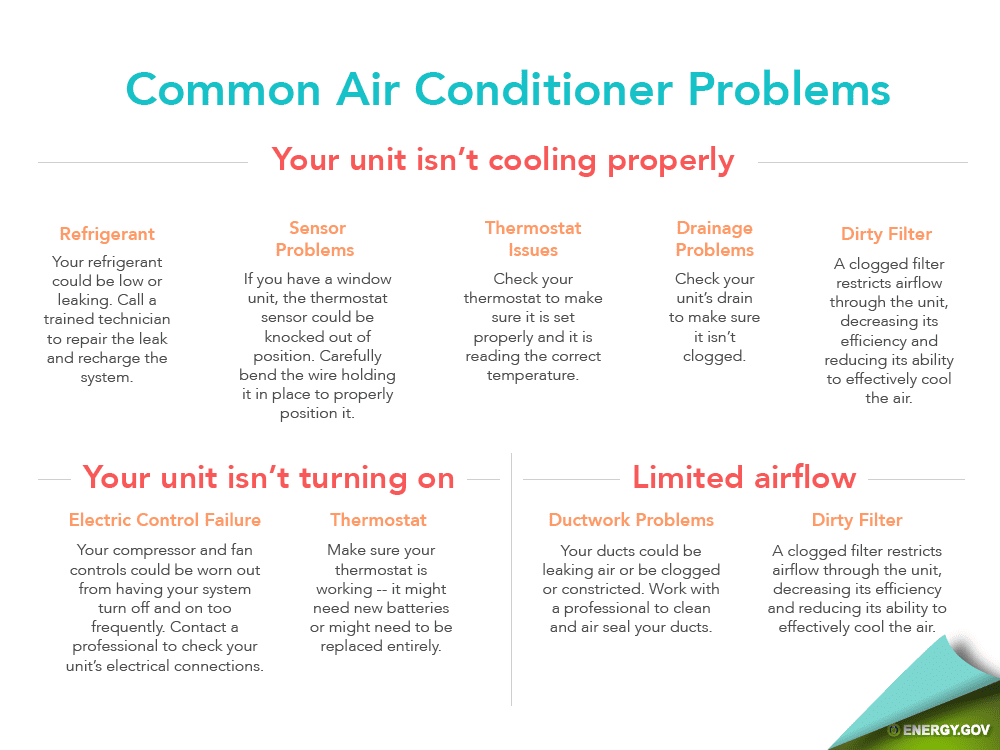
Common Myths and Misconceptions:
- Myth: Turning your AC to a lower temperature cools your home faster.
Fact: Air conditioners cool at a consistent rate, irrespective of the temperature setting. Setting it lower only makes the system work longer, not faster.
- Myth: Leaving fans on cools rooms.
Fact: Fans cool people, not rooms. They circulate air and create a "wind chill effect", but can't lower the room's temperature themselves.
- Myth: Closing vents in unused rooms saves energy.
Fact: This can actually strain your HVAC system, as it is designed to distribute air evenly throughout the home. Unbalanced airflow can cause the system to work harder and may lead to breakdowns.
- Myth: Bigger AC units cool better.
Fact: An oversized unit will toggle on and off frequently, wearing out the system prematurely. Sizing should match room volume for efficient cooling.
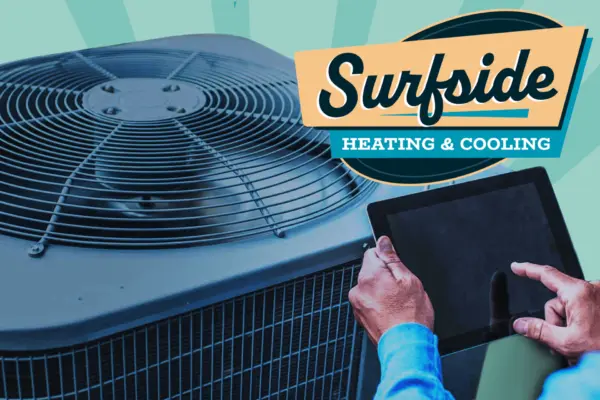

Ready to Get Started?
We're ready to help with evaluating and providing a free estimate for your indoor air quality needs. Just give us a call and we'll come out today to take a look at your indoor air quality concerns.